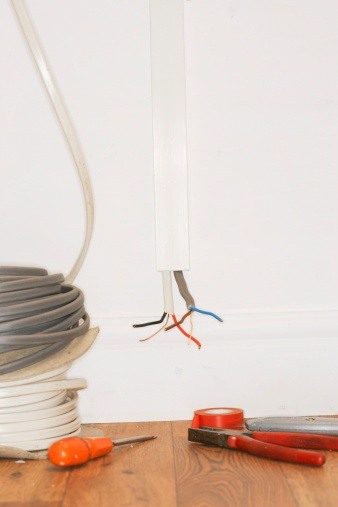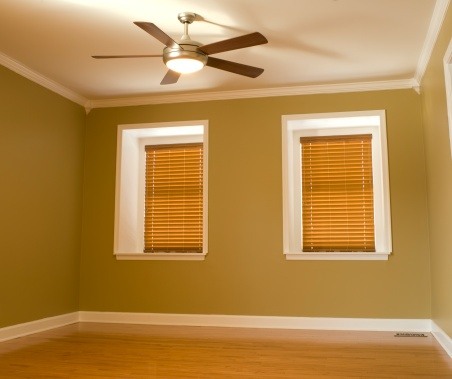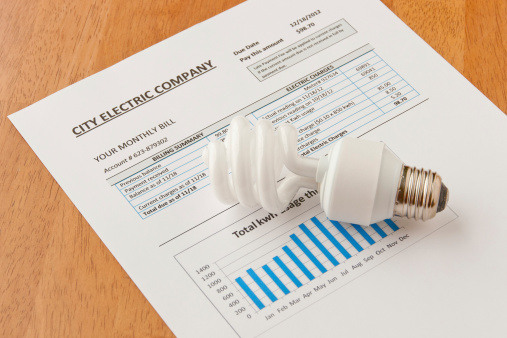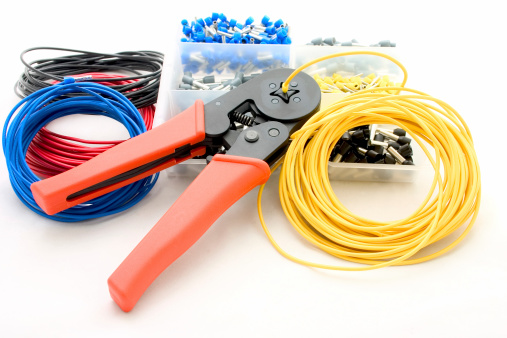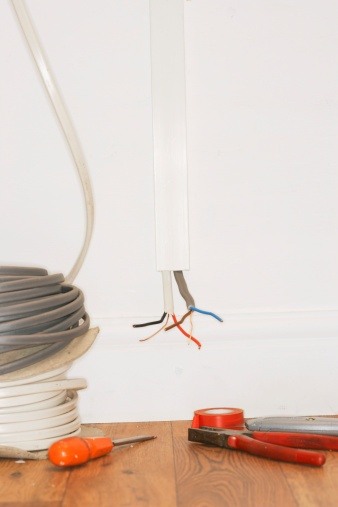 There's a lot to love about “older homes” – except, perhaps, for the debate that often ensues over how to define an “older home” in the first place.
There's a lot to love about “older homes” – except, perhaps, for the debate that often ensues over how to define an “older home” in the first place.
To some people, any home that has been lived in by someone else is “old.” To other people, a home isn't "old” unless its existence predates the inauguration of John F. Kennedy.
When it comes to electrical issues, it's easy to draw the line – or, in this case, the wire.
Some homes built between the early 1950s and the late 1970s were wired with aluminum. Since then, copper wire has been the mainstay (or should be).
So if you're wondering if your “older home” may need electrical repairs or electrical upgrades, start with the date of its construction or redesign. Then look for some discernible warning signs that should prompt you to call the licensed Chico electricians at Experts In Your Home immediately.
We're not being dramatic when we say that your family's safety could be at great risk. Home electrical fires cause about 51,000 fires, about 500 deaths and more than 1,400 injuries every year, says the Electrical Safety Foundation International.
Most of these accidents would not occur if homeowners fully appreciated why aluminum is such an inferior electrical conductor and also made the necessary electrical repairs to their older homes.
Why aluminum can spark fire
Compared with copper, aluminum deserves an inferiority complex. Its primary qualities contribute to loose connections that can trigger fire, says the International Association of Certified Home Inspectors. Namely, aluminum:
- Can oxidize, which means the wire can overheat at the receptacle.
- Is softer than copper, which means that it is more susceptible to being nicked and damaged, which also can lead to overheating.
- Can expand and contract, especially in response to temperature changes, and therefore, cause the connections to loosen and deteriorate.
- Is prone to vibration, which also causes connections to loosen and become compromised.
Heed the warning signs
You're smart to stop right now and inspect your home's wiring. If it's aluminum, the word “aluminum” or the letters “AL” should be stamped on the plastic covering or cable. But that's not always the case.
Certain telltale signs of trouble with your home's wiring, and the urgent need for immediate electrical repairs, include:
- Smoke or sparks near outlets or switches
- Strange odors emanating from outlets or switches
- Scorch marks or discoloration on outlets, switches or cover plates
- Warm or warped outlets or switch cover plates
- Unusual buzzing, popping, crackling or sizzling sounds near lights or outlets
- A tingling sensation when you touch a wall switch, appliance or outlet
- Frayed wires
- Loose connections
- Dim and/or flickering lights
- Circuit breakers that trip often and apparently without reason
- Unusual or unexplained problems with plug-in lights and appliances
- Ungrounded outlets – or those that accommodate only two-prong plugs – throughout your home
- Lack of ground fault circuit interrupter (GFCI) outlets in your bathrooms, kitchen and other rooms in which you use water
Contact Experts In Your Home immediately if you notice even one of these warning signs – or even if you're unsure an unsafe condition exists in your home.
Electrical problems do not “flare up” and go away on their own; they require a thorough inspection and electrical repairs by a licensed local electrician.
And in case you fear that your entire older home will need to be rewired, try not to jump to conclusions. The addition of copper connectors, called pigtails, at outlets and circuit breakers often can resolve problems with aluminum wiring. Upgrading to new switches and outlets also can help.
Experts In Your Home will put your mind at ease – and ensure that your older home is as safe as it can possibly be for you and your loved ones because we are experts in your home.

